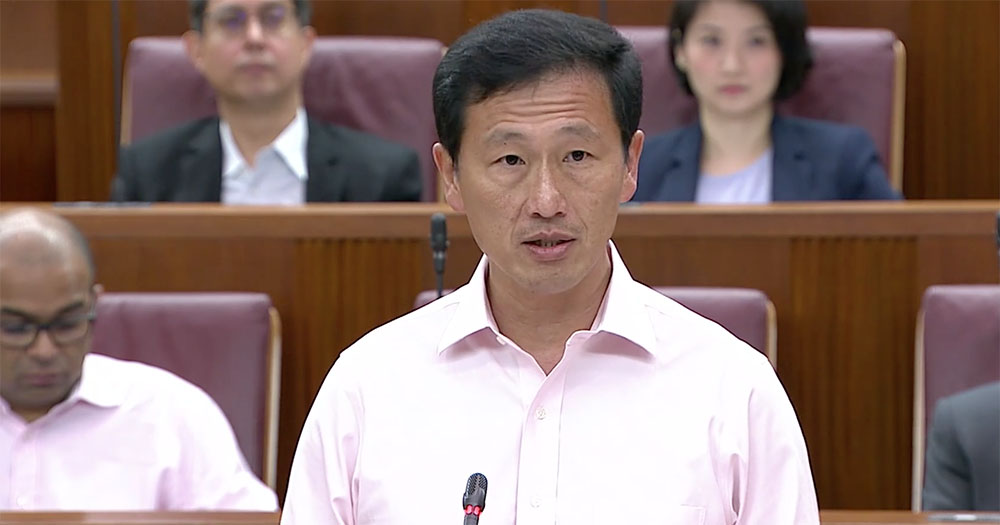The recent withdrawal of a course at Yale-NUS titled "Dialogue and Dissent in Singapore" will not affect academic freedom, Minister for Education Ong Ye Kung stated in Parliament on Oct. 7.
This was a point that had been acknowledged by multiple academics, along with the independent assessment from Yale University itself, he added.
Ong was responding to questions by Member of Parliament (MP) Intan Azura Mokhtar and Nominated Member of Parliament (NMP) Walter Theseira on the implications of the case on academic freedom.
MOE values academic freedom
Ong said that the Ministry of Education (MOE) values academic freedom and it is that freedom that allows universities to to explore and debate ideas.
He said, "With academic freedom, our universities can create new knowledge, innovate, and contribute to scientific, technological, economic and social progress."
This is why a liberal arts school like Yale-NUS has a place in Singapore's educational landscape, he added.
Political dissent is a legitimate topic of inquiry
Citing the fact that students in Singapore study classic works by revolutionary figures such as Marx, Engels and Sun Yat Sen, Ong acknowledged that political dissent is a legitimate topic of inquiry.
He pointed out that it would be valuable for students to look at issues of the day critically, such as the rationale and implications for protests against climate change and the demonstrations in Hong Kong.
The implications of such issues for Singapore should also be discussed by students.
Educational institutions must still operate within local laws
However, Ong pointed out that all educational institutions still have to operate within the country's local laws.
And while he said it would not be wise to be "overly prescriptive" in outlining what should or shouldn't be taught, academic freedom has to be exercised within these legal limits.
Ong noted that this was also a principle that had been explicitly stated by the current Vice-President of Yale University, Professor Pericles Lewis, in 2012, while clarifying Yale-NUS' policy on freedom of expression.
Academic freedom cannot be misused for political advocacy
Ong further stressed that academic freedom cannot be "carte blanche" for people who misuse an academic institution for political advocacy.
Such an action would undermine the institutions' public standing and academic standards.
The concern that Institutes of Higher Learning (IHLs) such as universities might be used for conducting partisan political activities, to sow dissent against the government, is not "unfounded".
Ong highlighted that this was the concern MOE had after it saw the itinerary of the cancelled module.
There are other platforms to exercise political rights
Ong said educational institutions and formal curriculum are not platforms to advocate political causes:
"In Singapore’s democracy, there are many avenues for political parties and activists to champion their causes, and for people to make their choices and exercise their political rights. Educational institutions, and especially the formal curriculum, are not the platforms to do this."
Educational institutions needed to recognise Singapore's social and cultural context, as Singapore's "margin for error is very small compared to big countries."
He explained that should something like the Hong Kong protests take place here, or if we experience the same political confusion that can be found in the UK, our international reputation would be destroyed.
"Our future would be in grave jeopardy," he said.
Top image screenshot from CNA
If you like what you read, follow us on Facebook, Instagram, Twitter and Telegram to get the latest updates.
